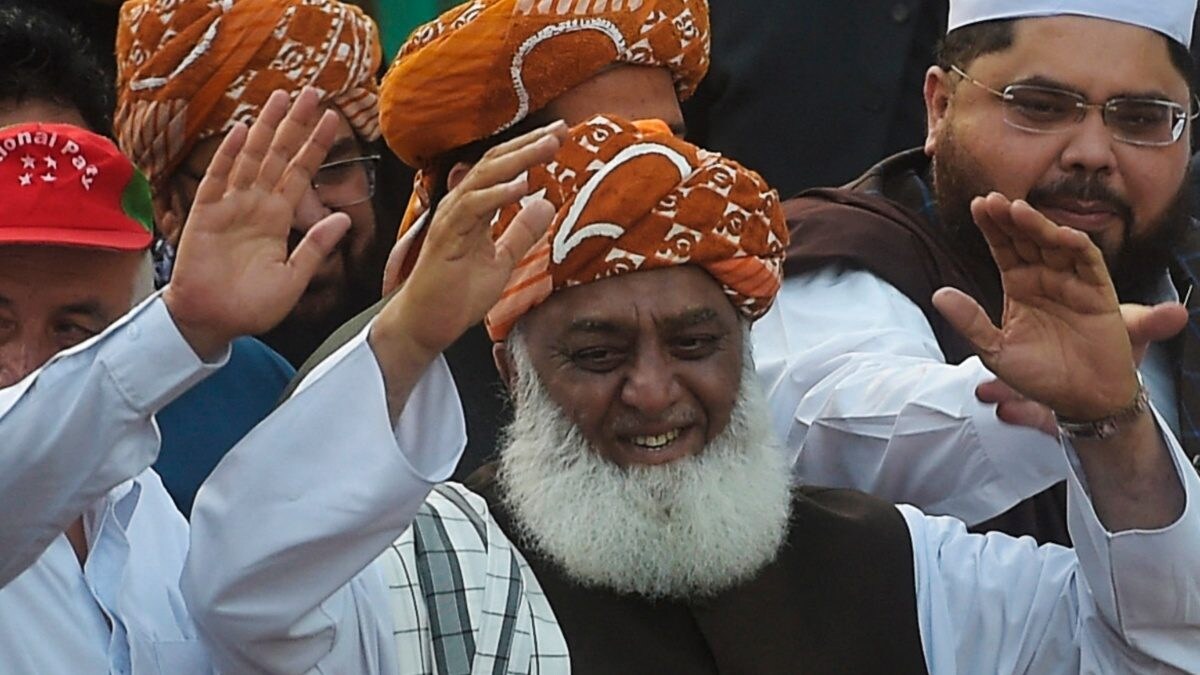[ad_1]
Last Updated: February 28, 2024, 14:12 IST

A woman holding up her baby is silhouetted against the backdrop of N Seoul Tower, commonly known as Namsan Tower, in Seoul, South Korea, October 2, 2018. (Reuters File Photo)
South Korea’s fertility rate hits record low of 0.72 in 2023, posing demographic crisis. Political parties vow measures to boost childbirth as population decline looms
The fertility rate in South Korea continued its unprecedented decline, as women concerned about their careers and the cost of raising children decided to delay childbirth or not have babies.
The average number of expected babies for a woman in the country during her reproductive life fell to a record low of 0.72 from 0.78 in 2022, Yonhap news agency reported on Wednesday, citing data from Statistics Korea. This rate is below the 2.1 per woman needed for a steady population and well behind the rate of 1.24 in 2015 when concerns about issues such as the cost of housing and education were lower.
The country is the only member nation of the Organisation for Economic Co-operation and Development (OECD) where the total fertility rate had fallen below 1 as of 2021. This stat defies the billions of dollars spent by the country to try to reverse the trend that led the population to decline for a fourth straight year in 2023. The Asian powerhouse’s demographic crisis has become the top risk to economic growth and the social welfare system, with the country’s population of 51 million on track to halve by the end of this century, news agency Reuters reported.
South Korea has previously projected its fertility rate is likely to fall further to 0.68 in 2024. The capital Seoul, which has the country’s highest housing costs, had the lowest fertility rate of 0.55 last year. Before next month’s elections, South Korea’s major political parties promised more public housing and easier loans to encourage childbirth, aiming to allay fears of “national extinction” as fertility rates crumble. Reports suggest being married is seen as a prerequisite to having children in South Korea, but marriages are also declining in the country.
“There are people who don’t get married but we think about why married couples choose not to have babies, and my understanding is that addressing that part is going to be the focus of our policies (to boost the birth rate),” an official at Statistics Korea told a briefing. The parties’ focus on population in their election planks reflects growing alarm after the spending of more than USD 270 billion in areas such as childcare subsidies since 2006 has failed to reverse record low fertility rates. South Korea is not alone in the region struggling with a rapidly ageing population. Japan said on Tuesday the number of babies born in 2023 fell for an eighth straight year to a fresh record low. Japan’s fertility rate hit a record low of 1.26 in 2022, while China recorded 1.09, also a record low.
(With agency inputs)
[ad_2]
Source link





